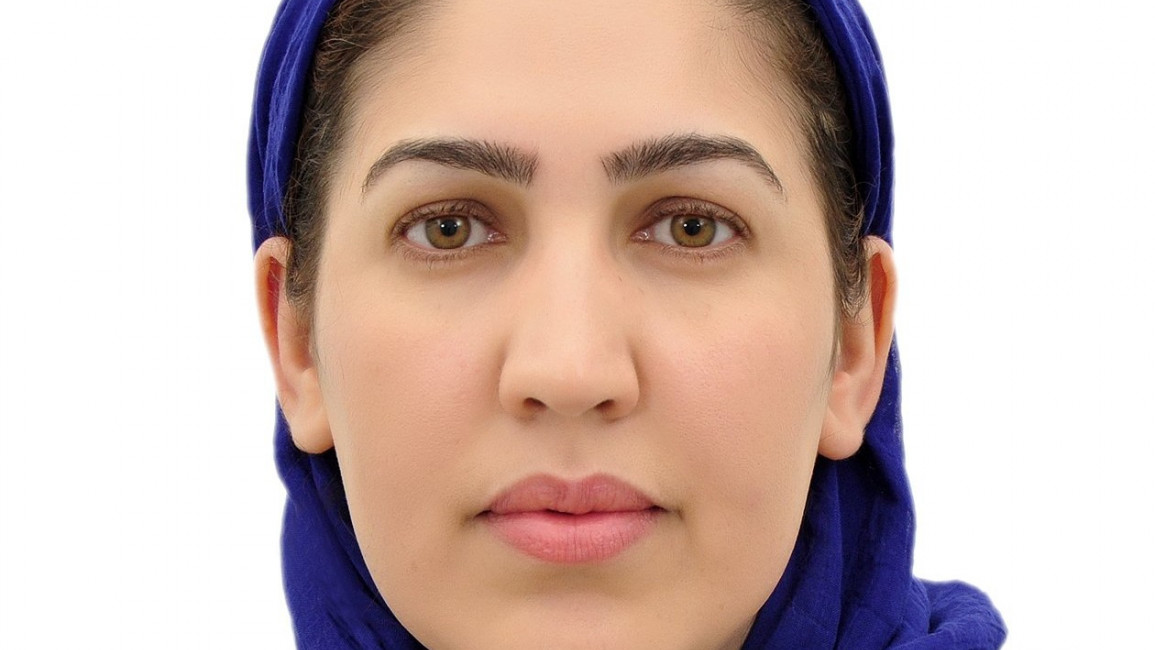Afghan lawyer and women's rights campaigner wins top prize
An Afghan lawyer and rights activist whose work has earned her repeated threats from the Taliban was on Tuesday named the winner of a top human rights prize in Paris.
Freshta Karimi, 38, the founder of the Da Qanoon Ghushtonky (DQG) organisation, one of the largest suppliers of legal aid in Afghanistan, won the Ludovic-Trarieux International Human Rights Prize, awarded by jurists to their peers.
Her organisation works in particular on upholding the rights of woman and children in Afghanistan and she has regularly represented it abroad in recent years.
Since the Taliban seized power last month however, she has kept a lower profile, lawyer Bertrand Favreau, the founder of the prize and chairman of its jury, told AFP.
"For at least five years, she has received threats from the Taliban in all the cities where she has tried to open an office to inform women of their rights," he said.
That had not stopped her continuing her outreach work however, travelling to even the most remote villages, he added. "Today she is one of the most threatened lawyers in the world."
Last year, the prize was awarded to two Turkish lawyers, sisters Barkin and Ebru Timtik.
Ebru had died the previous month after a 238-day hunger strike to protest her imprisonment on terror-related accusations. Barkin is serving a lengthy sentence on similar charges.
The Ludovic Trarieux Award is an annual prize which recognises lawyers of any nationality who have sought to defend human rights, often at great risk to themselves.
The award was named after Trarieux, who in 1898 founded France's Human Rights League (LDH).
Its first laureate was anti-apartheid icon Nelson Mandela, who was awarded the prize in 1985. He remained in prison for another five years before emerging to become South Africa's first black president.



